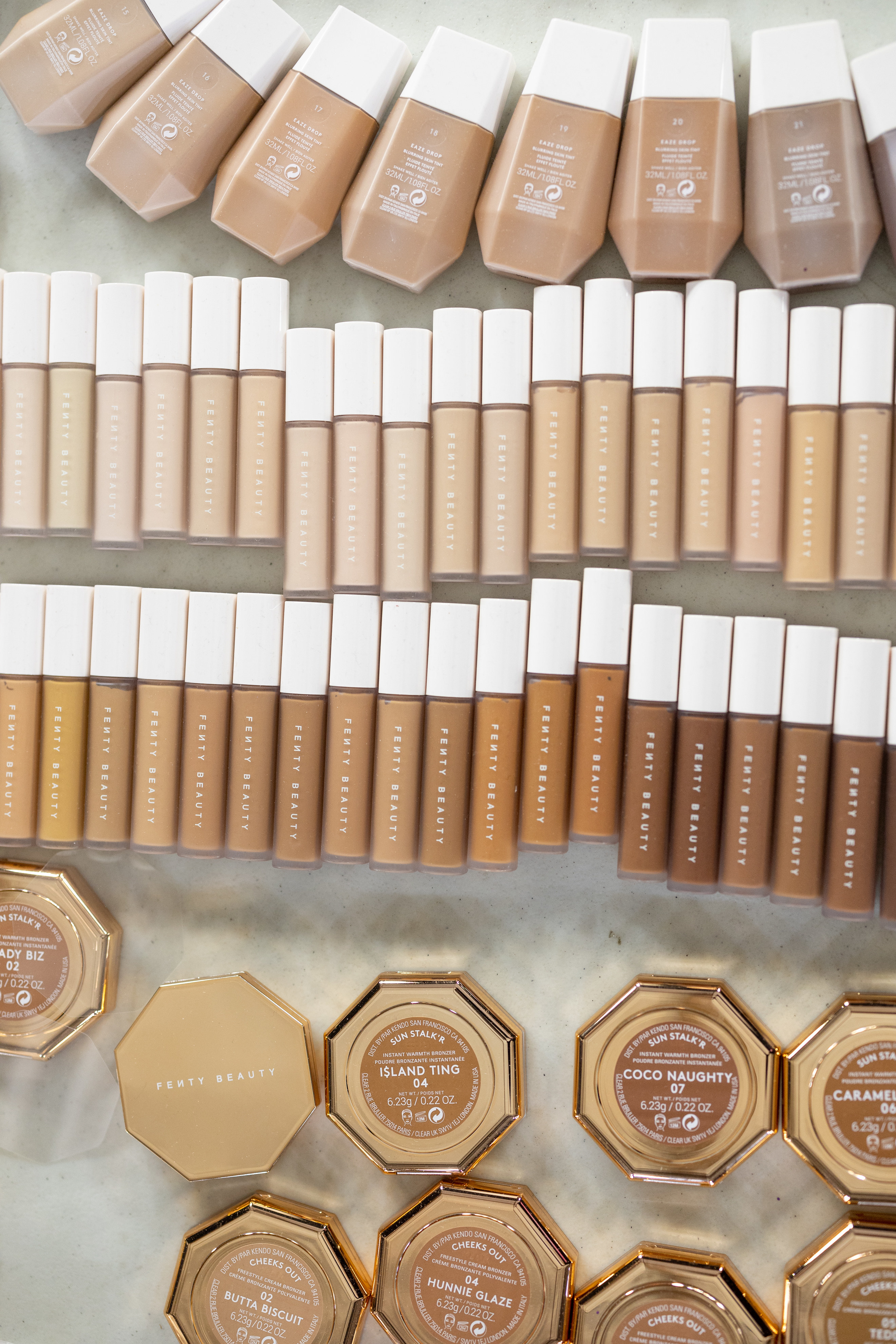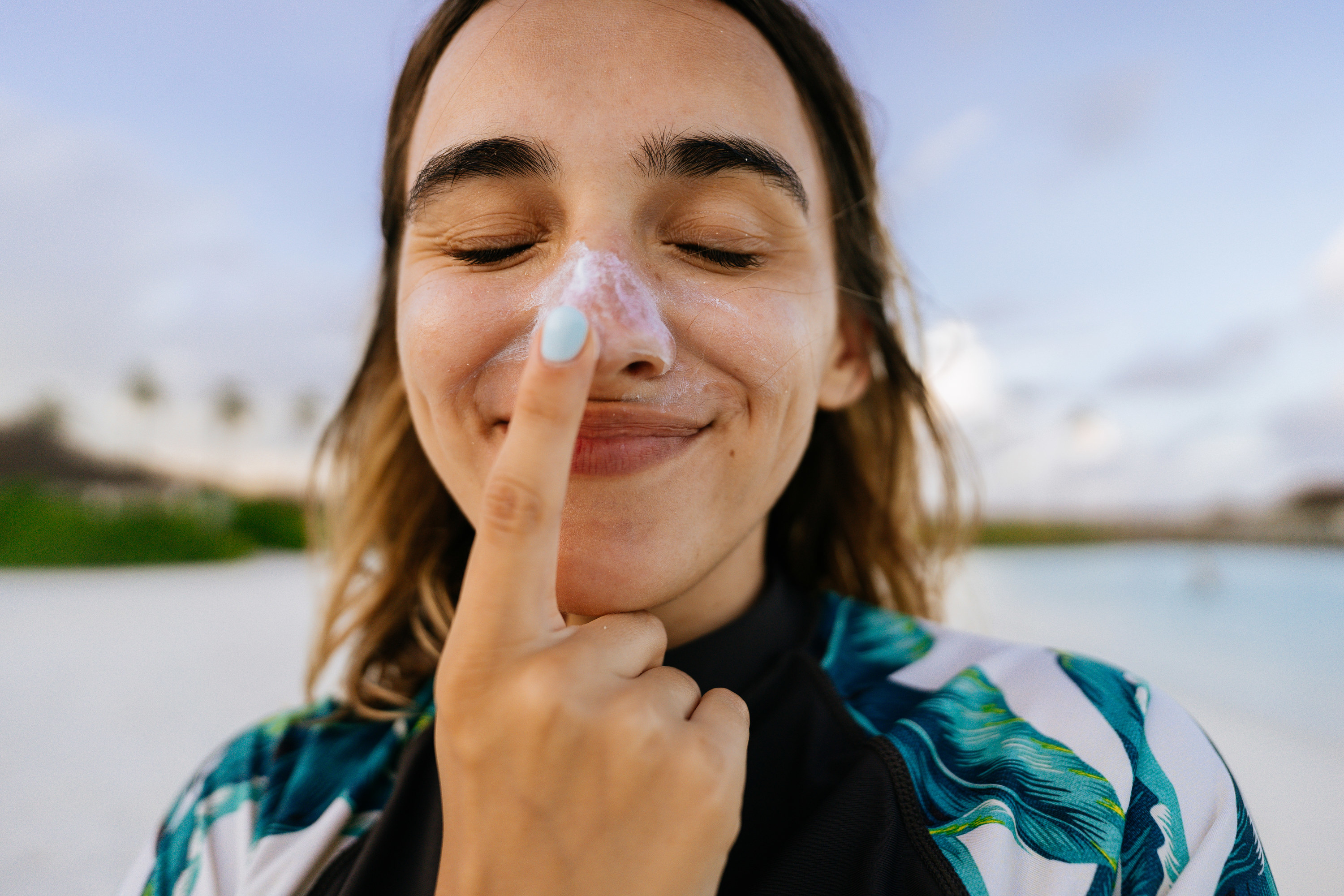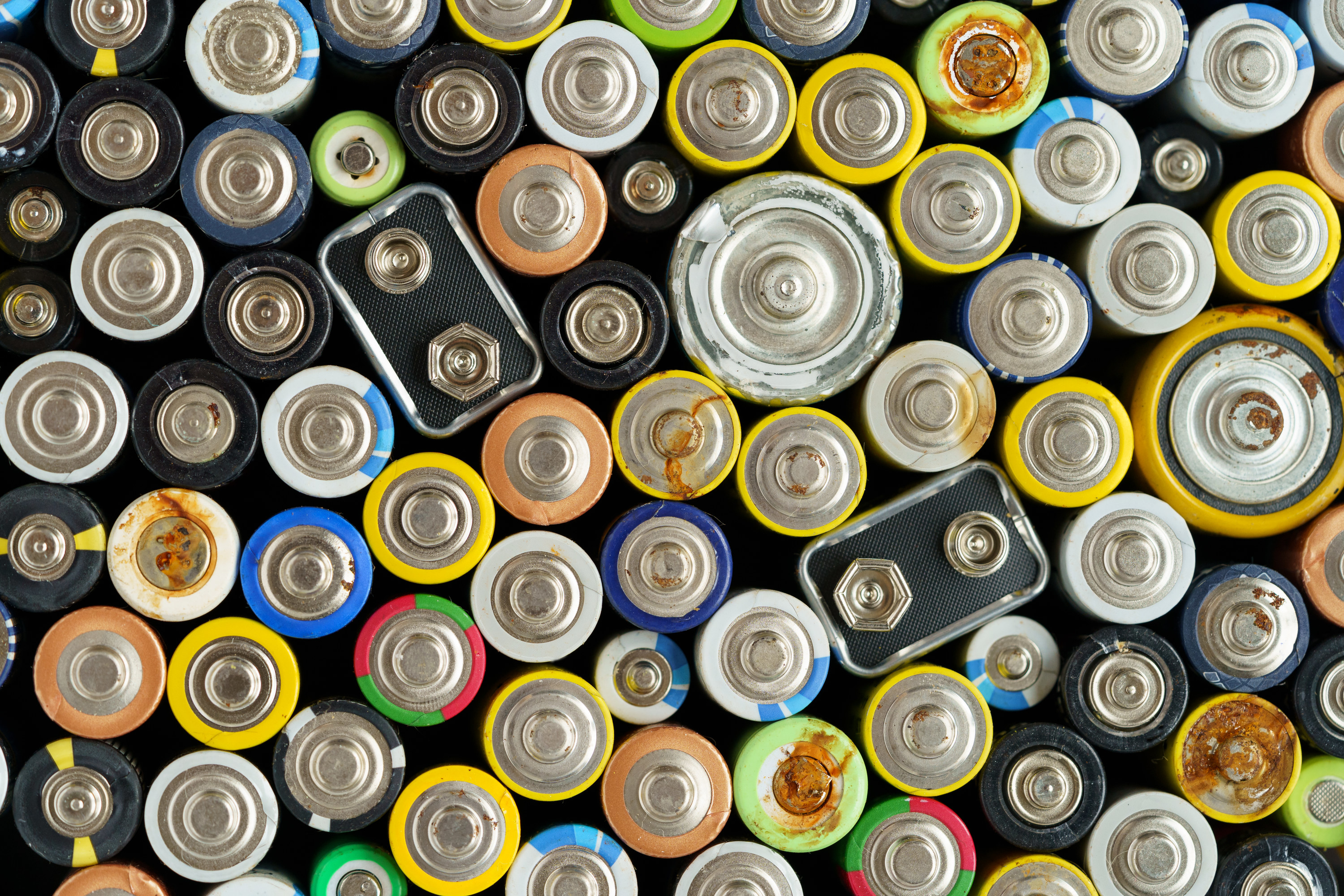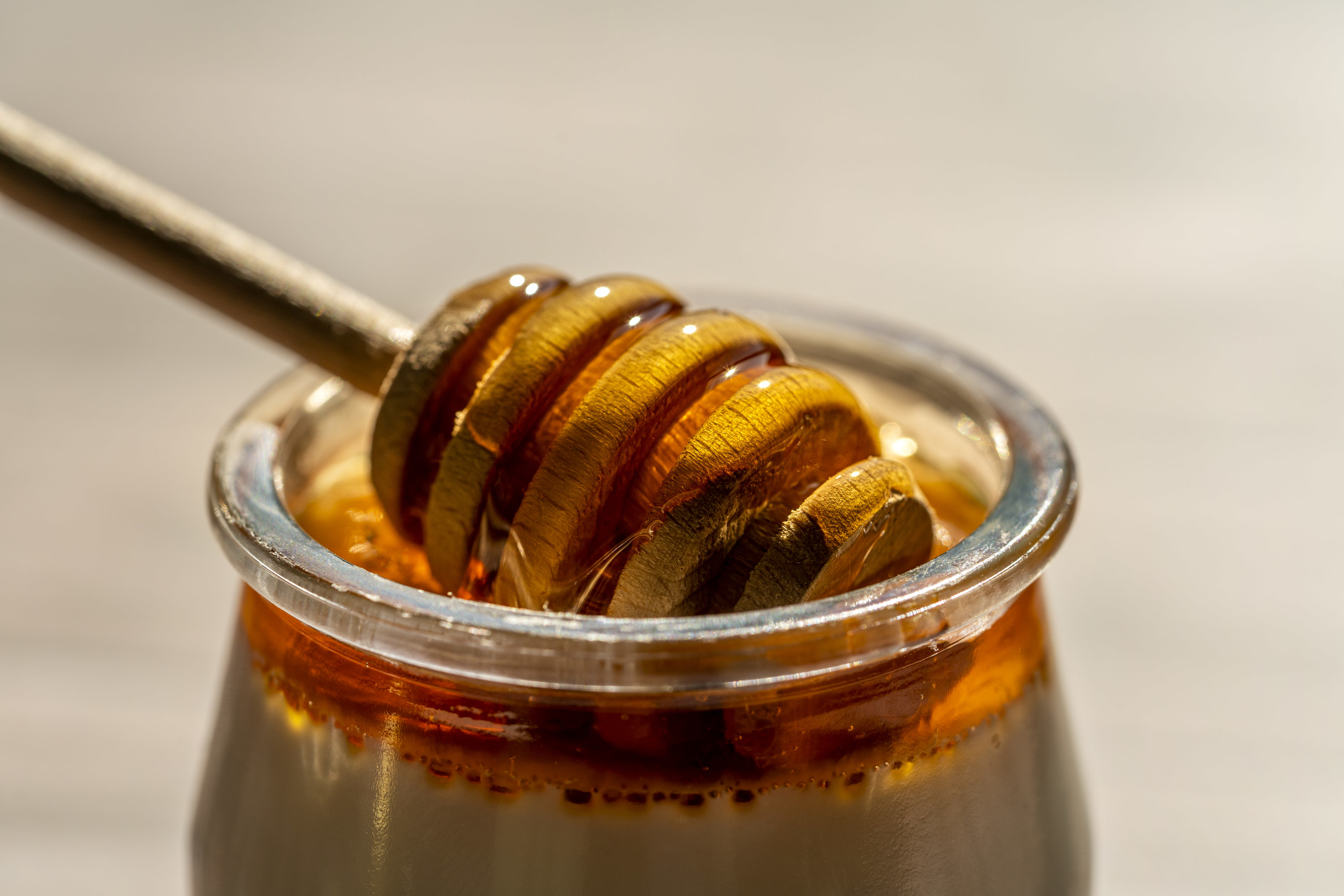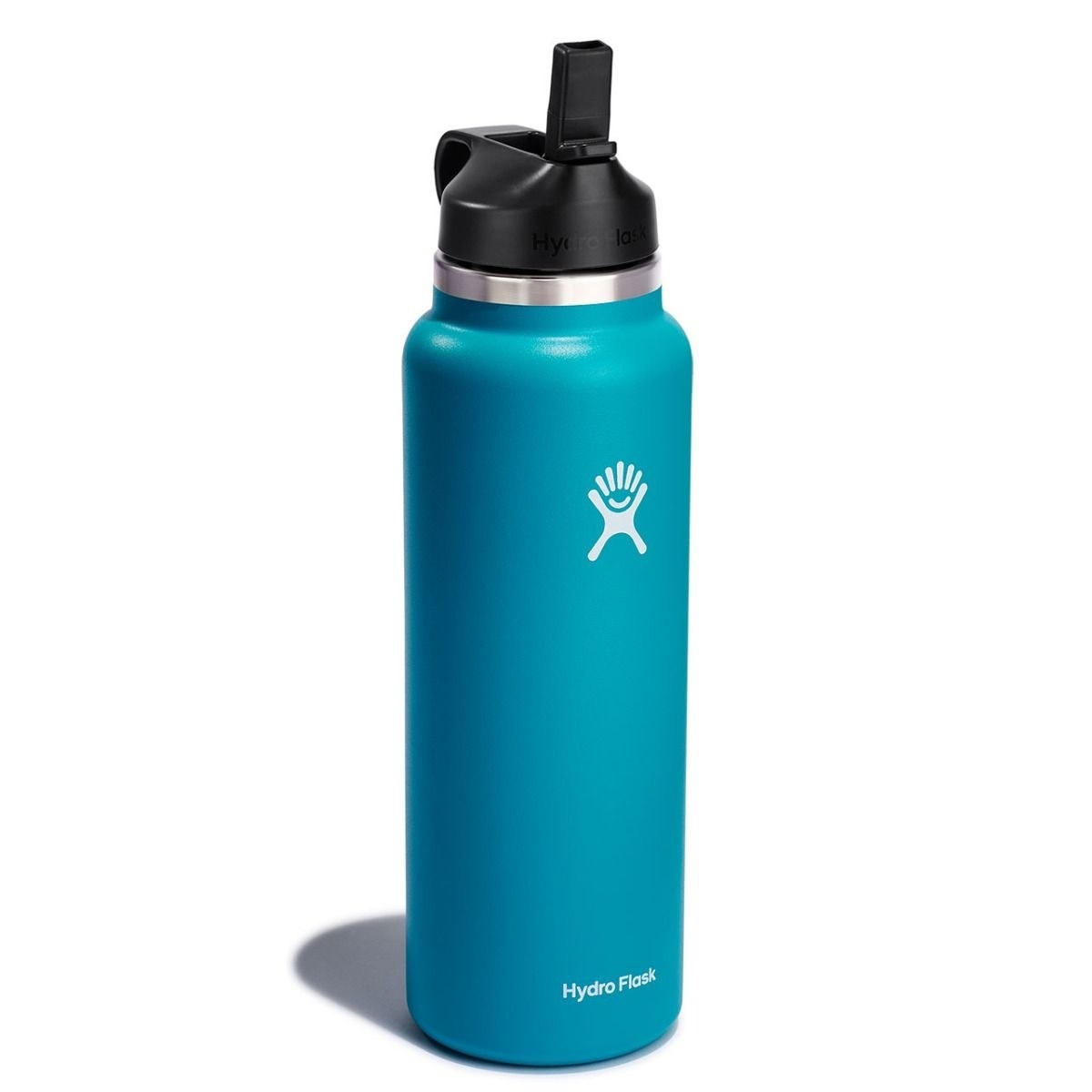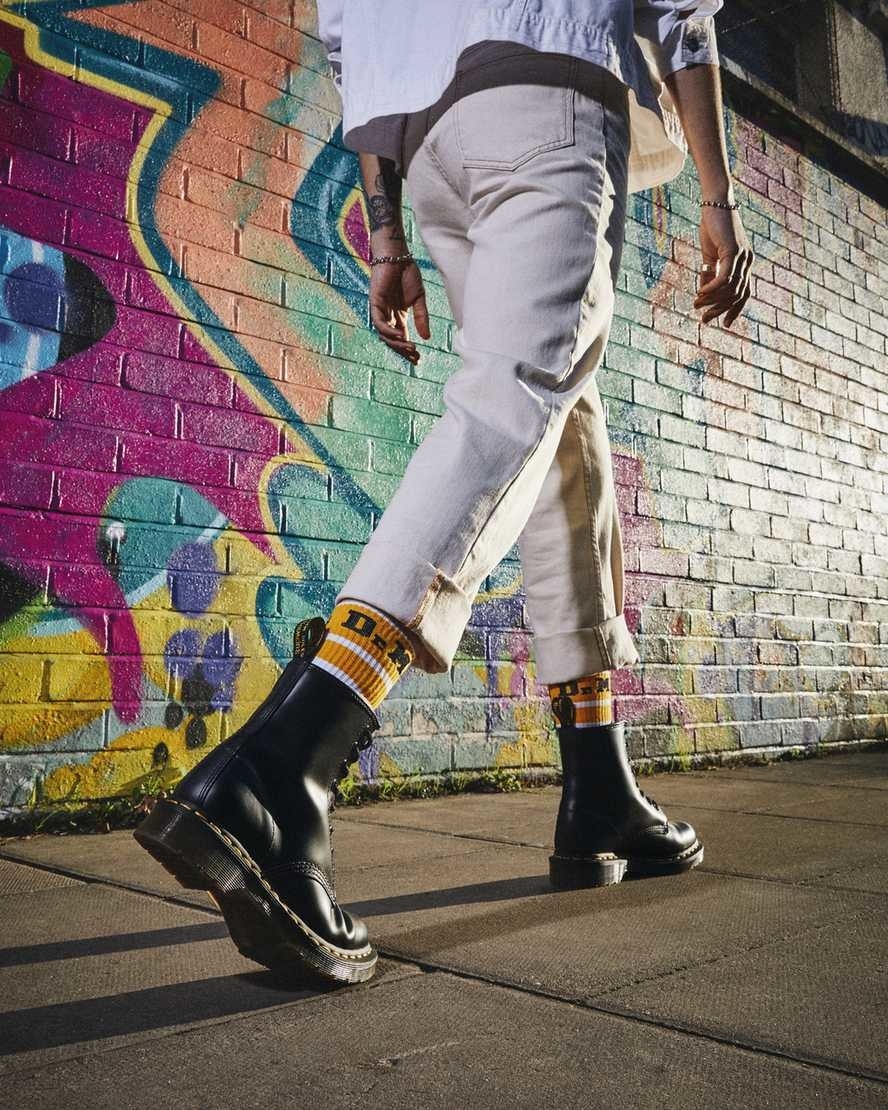The ingredients in your foundation will begin to separate once it reaches its end date, and you’ll see the oil rising to the top. “The oil ingredients (the spreading agents) will always rise to the top, so, if you continue to use it, you may be applying a higher concentration of potentially pore-clogging oil to your skin,” celebrity esthetician Renée Rouleau told Byrdie in an interview. Bacteria is another common problem in old foundation because moisture builds up inside the bottle over time and leads to mold growth, therefore triggering breakouts and other irritations. Amanda Logan, a Mayo Clinic health and wellness expert, suggests water-based foundation lasts around a year, while oil-based foundation lasts about 18 months. Consider replacing cream-based foundation, blush, or bronzer every six months to a year. It’s not dangerous to take a vitamin after it has expired; you just won’t be absorbing all the nutritional benefits stated on the label. When vitamins go “bad,” they begin to break down and lose their strength. It is recommended to use your vitamins within two years. To increase shelf life, store your vitamins away from sunlight and humidity. While many believe placing batteries in cold environments will help maintain battery life (myself included), refrigerators and freezers are not safe to put batteries in. The moist environment can cause the batteries to rust or leak out battery acid, making a dangerous mess near your produce,

